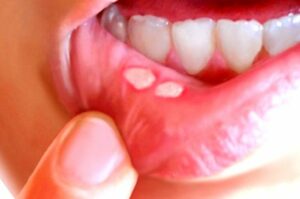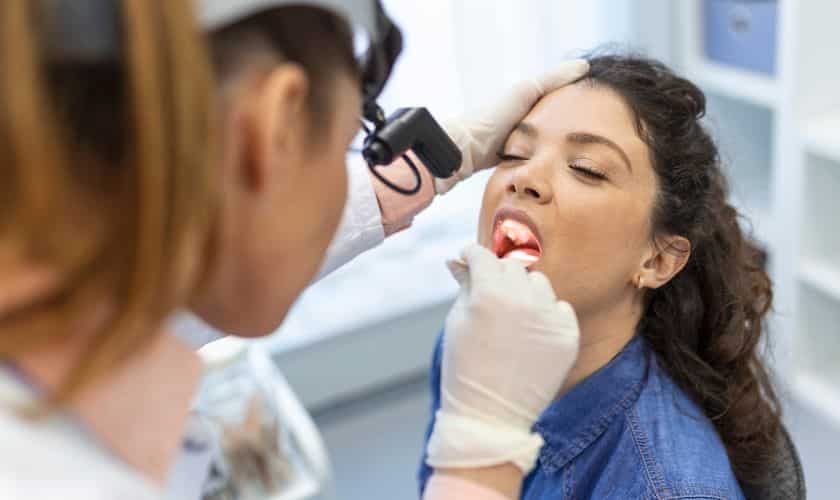Do you experience a tingling sensation in your mouth when you brush your teeth? Or may your gums swell up after using particular toothpaste or mouthwash brands? Unfortunately, you may be among the growing number of people who suffer from dental allergies. This blog post will explore dental allergy and how it can affect oral health. So buckle up, and let’s dive into the world of dental allergies and ways to deal with them.
What Are The Most Common Dental Allergies?
There are several different dental allergies that people can suffer from. The most common ones include the following:
- Metal allergies such as nickel and mercury. These can cause various symptoms, including itching, swelling, and redness.
- Allergies to latex can cause a reaction similar to that caused by metals, with symptoms such as itching, swelling, and redness.
- Chemical allergy is used in dental products such as fluoride or bleaching agents. These can cause burning, stinging, or irritation of the mouth and throat.
If you think you may be allergic to any of these substances, it is essential to see your dentist so that they can carry out tests and find an alternative treatment for you.

Symptoms Of Dental Allergies
Dental allergies are rare but possible reactions to materials used in dental treatments or products. Symptoms of dental allergies can range from mild to severe and may appear immediately or develop over time. Therefore, it’s essential to recognize the signs of dental allergies to seek prompt treatment and prevent complications through holistic approaches to dentistry. The following are some of the most prominent symptoms of dental allergies and are as follows:
Oral Symptoms
The most common symptoms of dental allergies affect the oral cavity. These symptoms may include swollen or red gums.
Skin Reactions On Face Or Neck
Dental allergies may also cause skin reactions on the face or neck, such as:
- Rash or hives
- Itching or redness around the mouth
- Eczema or dermatitis around the mouth
- Swelling or redness on the cheeks or chin
Respiratory Symptoms
In rare cases, dental allergies can trigger respiratory symptoms, including:
- Shortness of breath or wheezing
- Runny nose or congestion
- Sneezing or coughing
General Symptoms
Dental allergies can also cause general symptoms that affect the entire body, such as:
- Headache
- Nausea or vomiting
- Fatigue or weakness
- Dizziness or lightheadedness
- Delayed Reactions
What Dental Materials Cause Allergic Reactions?
When it comes to dental materials, a few can cause allergic reactions in some people. The most common offenders are latex and mercury, although other materials like gold and silver can also cause problems for some people. If you are allergic to any of these materials, you must let your dentist know so they can take appropriate precautions. In most cases, avoiding contact with the allergen will be enough to prevent any problems. However, in some cases, more aggressive treatment may be necessary.
Foods That Cause Dental Allergies
Dental allergies are a real thing – and a variety of foods can cause them. If you have a dental allergy, it means that your body is reacting to something in the food that is coming into contact with your teeth. The most common offenders are:
- Acidic fruits
- Highly processed carbohydrates
- Sugary drinks
Avoid eating foods that trigger your allergies, and brush and floss regularly. If you can’t avoid allergenic foods, try rinsing your mouth with water after eating them. And if all else fails, there are always antihistamines!
Ways To Treat A Dental Allergic Reaction
You can do a few things to treat a dental allergic reaction. First, try to identify the source of the allergy and avoid it if possible. If you can’t avoid the allergen, take an over-the-counter antihistamine to help reduce symptoms. Next, rinse your mouth with salt water or apply a cold compress to the affected area. You should seek medical attention immediately if you have severe symptoms, such as trouble breathing.
If you have a dental allergy, there are a few things you can do to treat it. First, try using an over-the-counter antihistamine. If that doesn’t work, see your dentist. You can also try using home remedies like rinsing your mouth with salt water or sucking on ice chips. If your symptoms are wrong, you may need to go to the hospital for treatment.
Dental Allergy Treatment Options
Avoiding the allergen altogether is the best way to prevent an allergic reaction. This should be pretty easy if you know what you’re allergic to. However, if you’re unsure what’s causing your allergies, avoiding the allergen may be more challenging. In this case, you may need to see an allergist for testing. If avoidance isn’t possible or working for you, try desensitization therapy. This therapy involves gradually exposing yourself to the allergen in small amounts until your body becomes used to it and no longer has an allergic reaction. This treatment must be done under the supervision of a doctor or allergist.
Dental allergies can be complex to manage and should not be taken lightly. However, with the proper knowledge and strategies, it is possible to reduce or even eliminate dental allergies as part of a holistic lifestyle change. We hope this article has provided valuable insight into the causes, symptoms, and treatments for dental allergies so that you can take steps towards better oral health and overall well-being.



